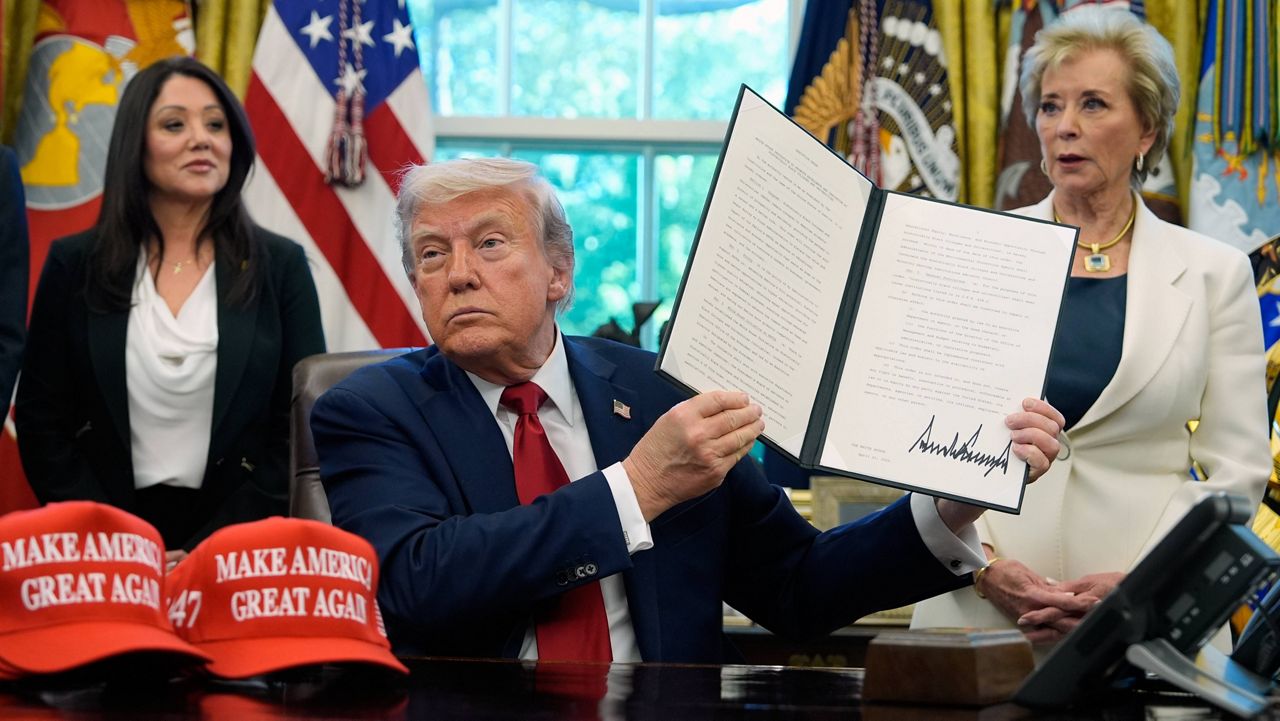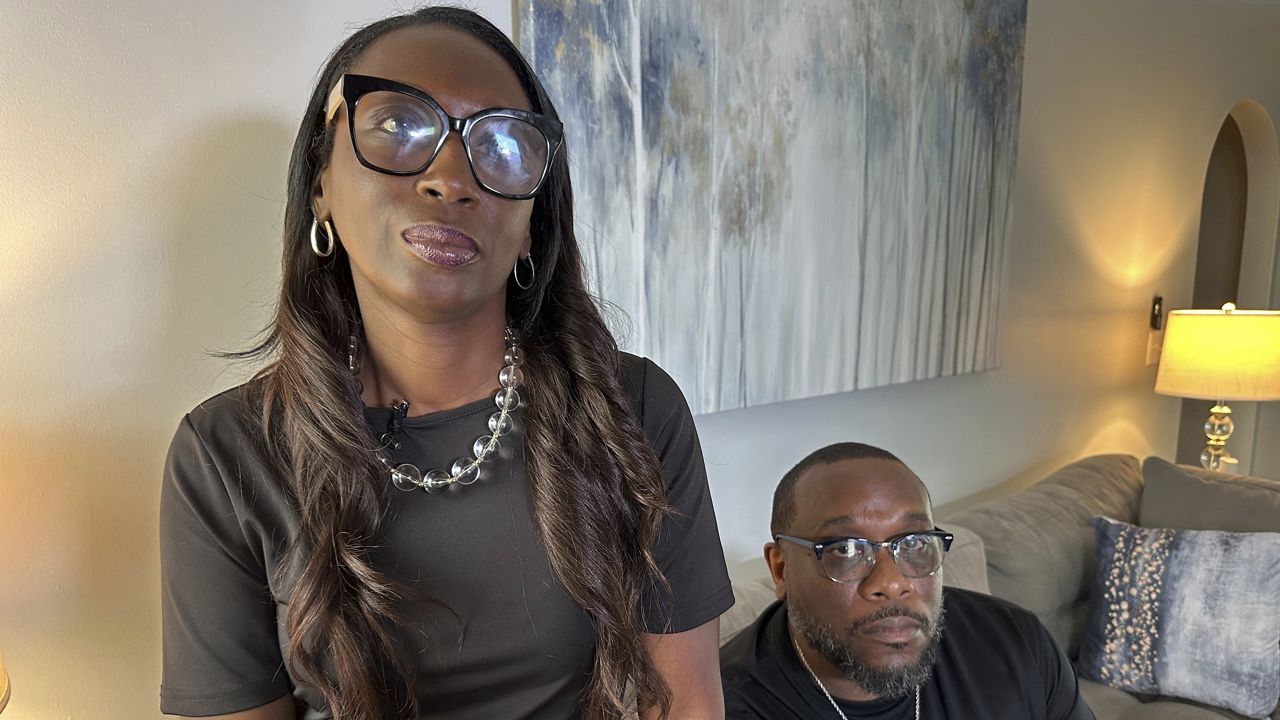For the second time this week, House Republicans have picked a nominee to replace Kevin McCarthy as House Speaker.
House Judiciary Chairman Jim Jordan, the Ohio conservative firebrand endorsed by former President Donald Trump, defeated Georgia Rep. Austin Scott for the nomination.
According to a GOP lawmaker in the room, Jordan bested Scott in a 124-81 vote – not much more than the margin House Majority Leader Steve Scalise, R-La., garnered over the Ohio Republican just days ago.
As the House enters its 10th day without a speaker, a move that has left Washington in limbo and Republicans in chaos, the question remains: Can Jordan – or anyone else – get to 217 votes to secure the speaker's gavel?
Friday's vote caps off a chaotic week for House Republicans following the historic ouster of Kevin McCarthy as House speaker. Late Thursday night, Scalise withdrew from the speaker's race after beating Jordan in a 113-99 vote the day earlier. But several GOP members refused to vote for Scalise, and with such a narrow margin in the House of Representatives, Scalise could only afford to lose a handful of votes and still win the nomination.
When it became clear that the number of holdouts appeared to be growing, or at least not shrinking, Scalise took his name out of consideration.
Now it's on Jordan to try and unite his fractious conference and end the speaker stalemate, which has left the House of Representative leaderless and powerless to take action on key priorities, like providing funding to Israel and other critical partners amid its war with Hamas and once again averting a government shutdown.
"I think I can bring our team together," Jordan told reporters ahead of the vote.
Jordan and his allies worked late into the night Thursday to try and shore up support for his bid, a House GOP lawmaker told Spectrum News.
But it's not clear if the Trump-backed speaker candidate, who founded the far-right House Freedom Caucus, will be able to win enough support to secure the speaker's gavel. Several Republican lawmakers are staunchly opposed to Jordan's speakership, like his challenger Rep. Scott, or Missouri Rep. Ann Wagner, who called his candidacy a "nonstarter."
In a second vote held Friday, a secret ballot to gauge if lawmakers will support Jordan's candidacy on the House floor, 55 Republicans said they would vote against him, according to a Republican lawmaker.
Scott, in his bid to defeat Jordan, said that "we are in Washington to legislate, and I want to lead a House that functions in the best interest of the American people."
The Georgia Republican, an ally of Scalise, offered some harsh criticism of some members of his own party, telling CNN this week that some Republicans "like to go on the TV, and are not necessarily negotiating for anything other than TV time," which he believes "makes us look like a bunch of idiots."
He also expressed a desire for the House to "function correctly," something he believes it has not been doing.
"I don't necessarily want to be Speaker of the house, I want a House that functions correctly," he told reporters. "The House is not functioning correctly right now."
Democrats are set to oppose the Republican nominee – whoever it ends up being – and remain unified to back House Minority Leader Hakeem Jeffries, D-N.Y., as they did in January during the 15 rounds of voting needed to elect McCarthy. That means that Republicans will have to unite around one candidate – or try and work with Democrats on a consensus candidate.
"[House Democrats] are ready and waiting," Democratic Whip Katherine Clark, D-Mass., wrote on social media. "The world is watching and waiting. The @HouseGOP must stop their civil war and join us on a commonsense, bipartisan path forward."









